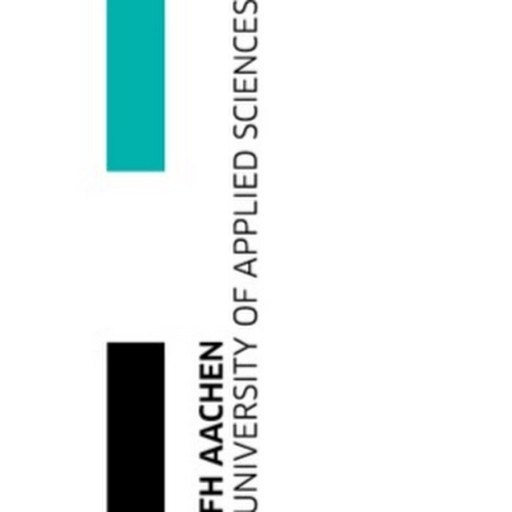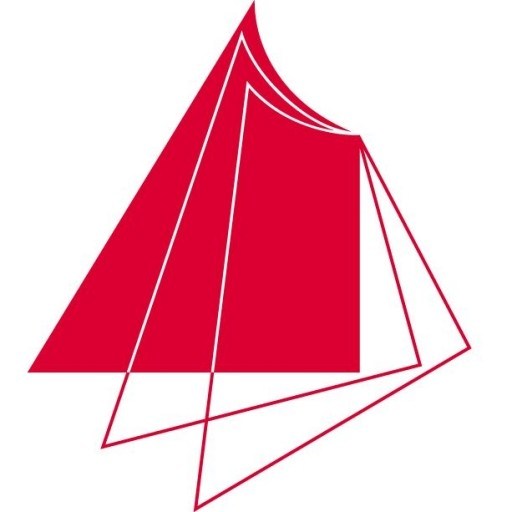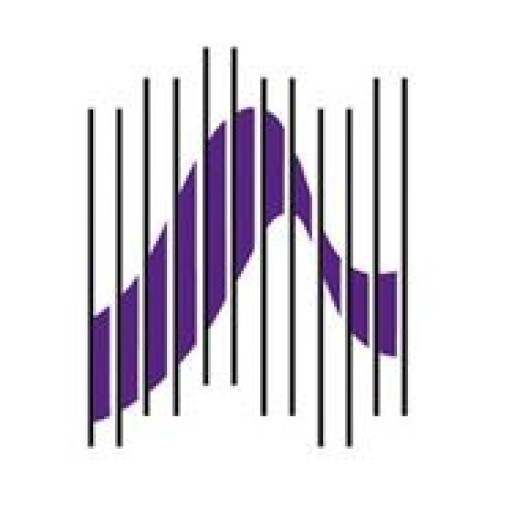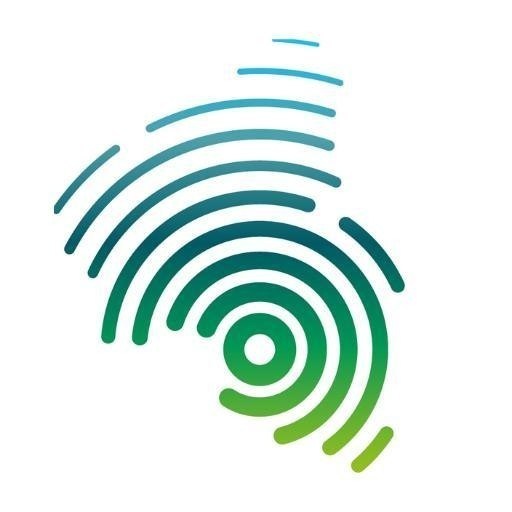Photos of university / #fh.aachen.gestaltung
The Mechatronics Bachelor's degree program at FH Aachen is a comprehensive and forward-looking course of study designed to equip students with a solid foundation in engineering, automation, and digital technologies. This interdisciplinary program combines principles from mechanical engineering, electrical engineering, computer science, and automation technology to prepare graduates for the rapidly evolving technological landscape. Throughout the program, students engage in a variety of coursework and practical training aimed at developing both theoretical knowledge and hands-on skills necessary for designing, developing, and maintaining complex mechatronic systems.
The curriculum covers key areas such as robotics, control systems, embedded systems, sensor technology, automation, and cyber-physical systems. Students learn to analyze and solve engineering problems related to mechatronic systems, integrating hardware and software components seamlessly. The program emphasizes project-based learning, enabling students to apply their knowledge to real-world challenges faced by industries such as manufacturing, automotive, aerospace, and robotics.
In addition to core technical modules, students have opportunities to undertake internships and collaborations with industry partners, gaining valuable insights and practical experience in professional environments. The program also focuses on fostering innovation, teamwork, and problem-solving abilities, preparing graduates for careers in research, development, and technical management.
Graduates of the Mechatronics program at FH Aachen are well-equipped to pursue a wide range of careers in automation technology, product development, system integration, and technical consulting. They are also prepared to continue their education through master's programs in engineering fields. The program’s combination of rigorous academic instruction and practical application ensures that students develop the skills necessary to contribute effectively to the advancements in mechatronics and automation industries worldwide.
Educational organisation
In the first semester, all students have to master the basics of electrical engineering (if they have a background in mechanical engineering) or mechanical engineering (if they have a background in electrical engineering), advanced mathematics, an introduction to MEMS and analogue and digital control as basic components of mechatronics systems. In the second and third semesters, students have to study further compulsory modules (e.g. investigating the system behaviour of mechatronic systems and the fundamentals of autonomous and mobile robotic systems as well as an introduction into modern sensors and new type of actuators) and can focus on their specialisation by choosing appropriate elective courses. An integrated project with a duration of two semesters must be carried out by teams of three to six Master's students. In the last semester, students write a Master's thesis on a research and development project, on which they can work either at the university or in industry.Study abroad unit(s)
There are no obligatory study abroad units, however, students can spend a study unit or a complete semester abroad, particularly when doing their Master's thesis projects. The FH Aachen has over 100 partner universities. We strongly encourage German students to spend a semester abroad, however, due to visa restrictions, this is not always possible for international students.Internships
No obligatory internshipsForms of assessment
There are three periods of written exams each year: February/March, July and September. Exams for block courses are at the end of each block. The study programme concludes with a Master's thesis, which will be presented by the student in a colloquium.Course objectives
Four-semester Master of Science programme in Mechatronics with a strong focus on application. The major focus of the programme is on preparing students for positions in the industry. However, students also qualify for research positions in industry or at public research institutions. Some students choose to continue their studies in a PhD programme.Language requirements
Proof of English language ability such as TOEFL (550 paper-based test, 213 computer-based test, 79 internet-based test) or IELTS 6.0Proof of German language abilities at level B1 (e.g. Zertifikat Deutsch (B1) or equivalent)
Academic requirements
Bachelor's degree in mechanical engineering, electrical engineering, mechatronics, physics or related fields with high academic standing, or an equivalent university degreeGRE General test
Enrolment fees
The student activity fee is currently about 250-300 EUR per semester. Fee includes a public transport ticket in the German state of North Rhine-Westphalia.Costs of living
Approx. 750 EUR per month, including living expenses and health insuranceThe semester ticket included in the student activity fee allows free public transportation in the area.










